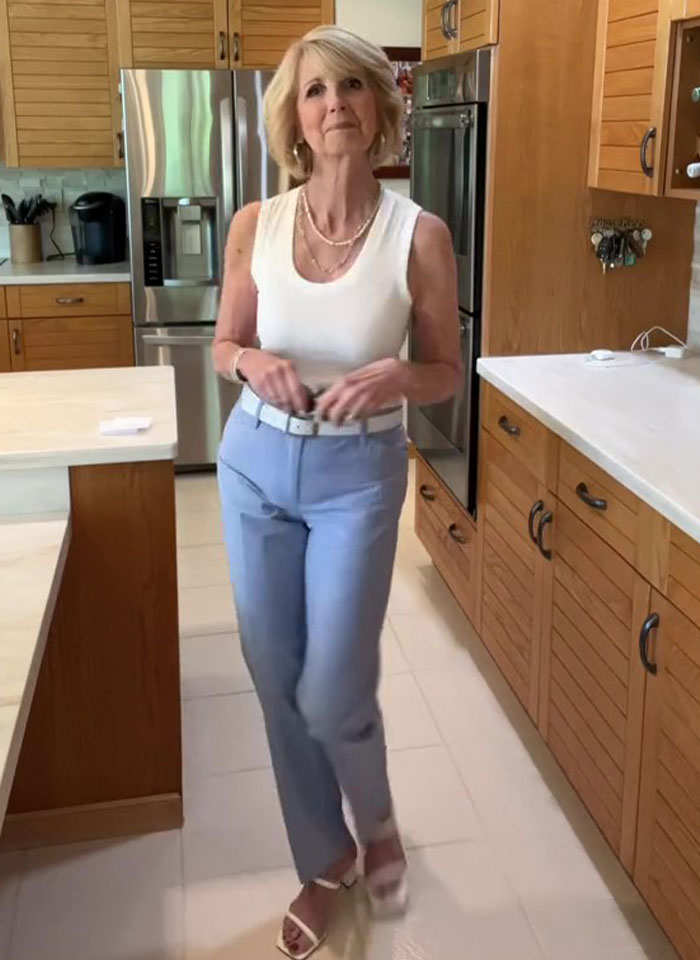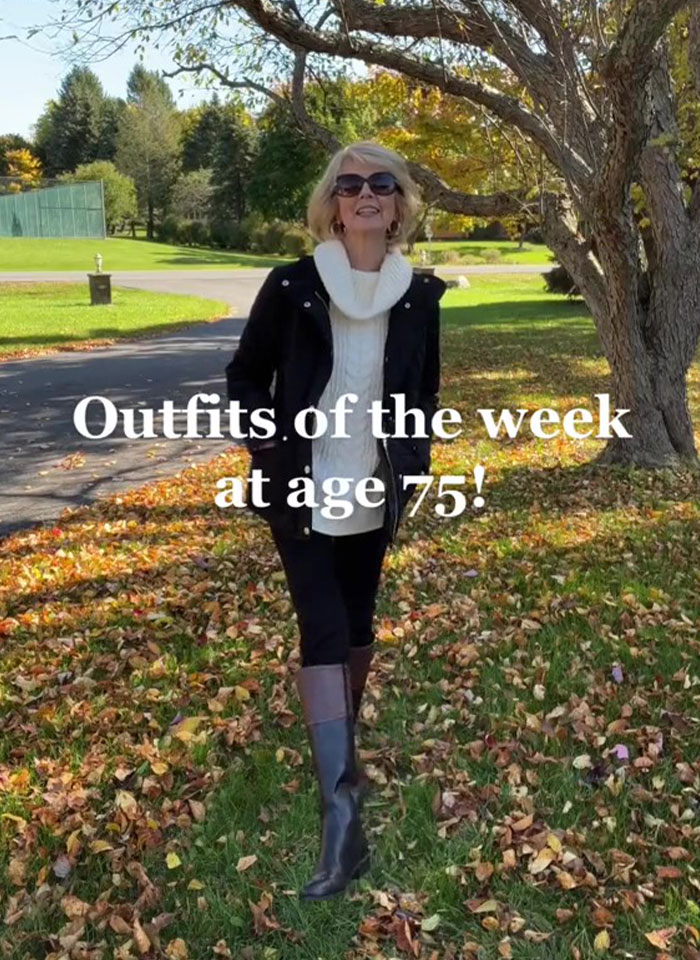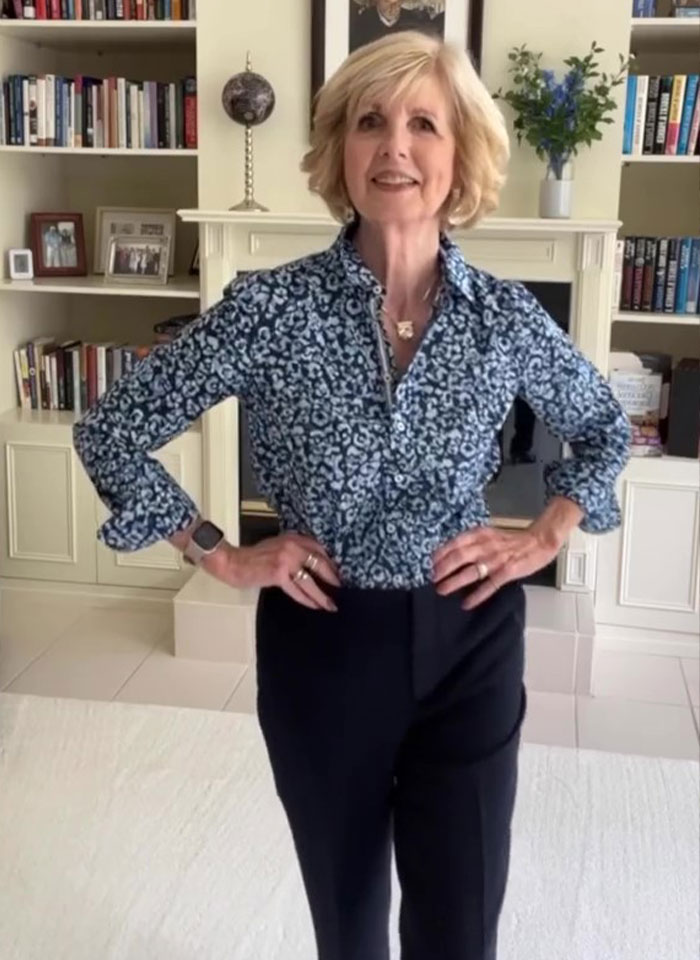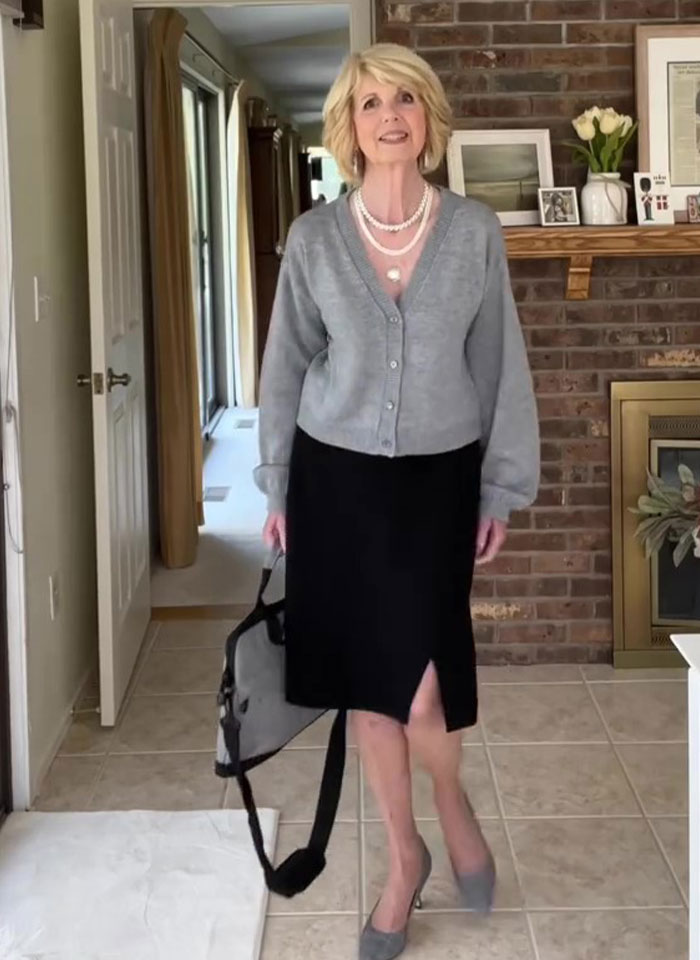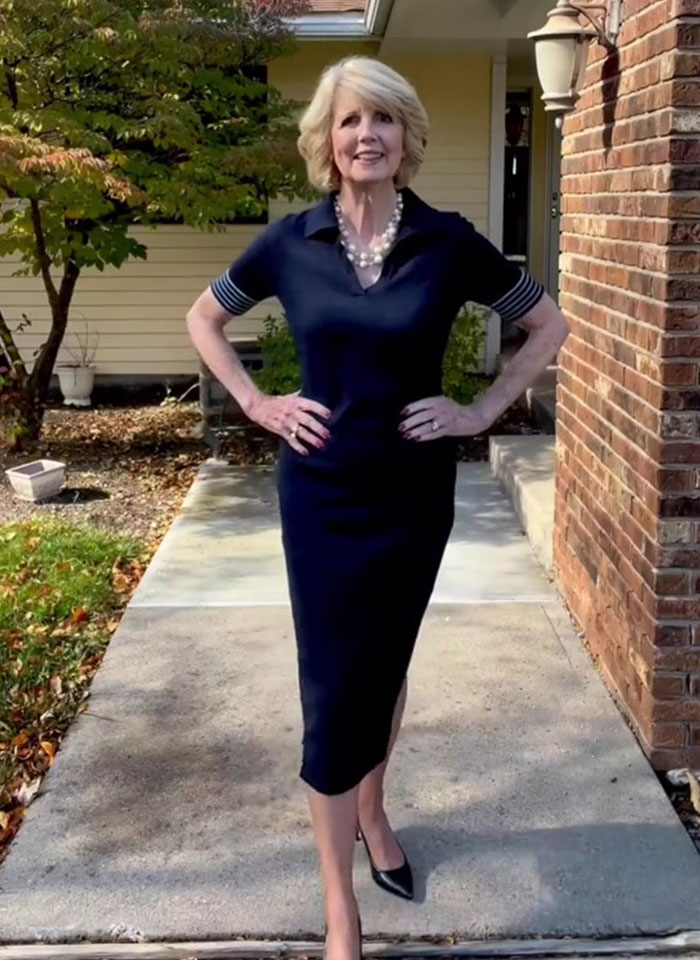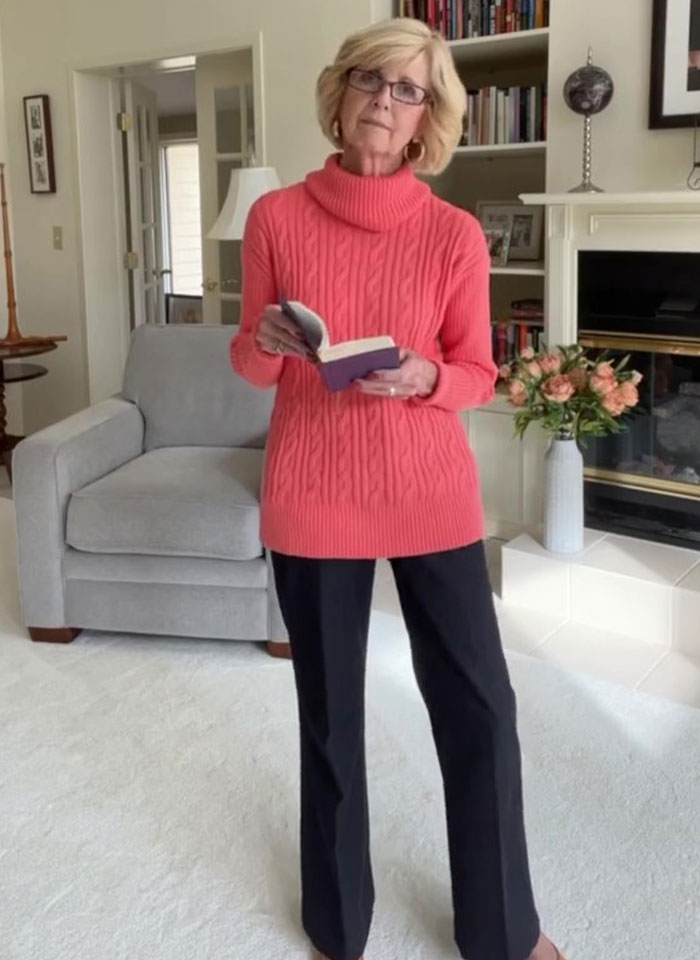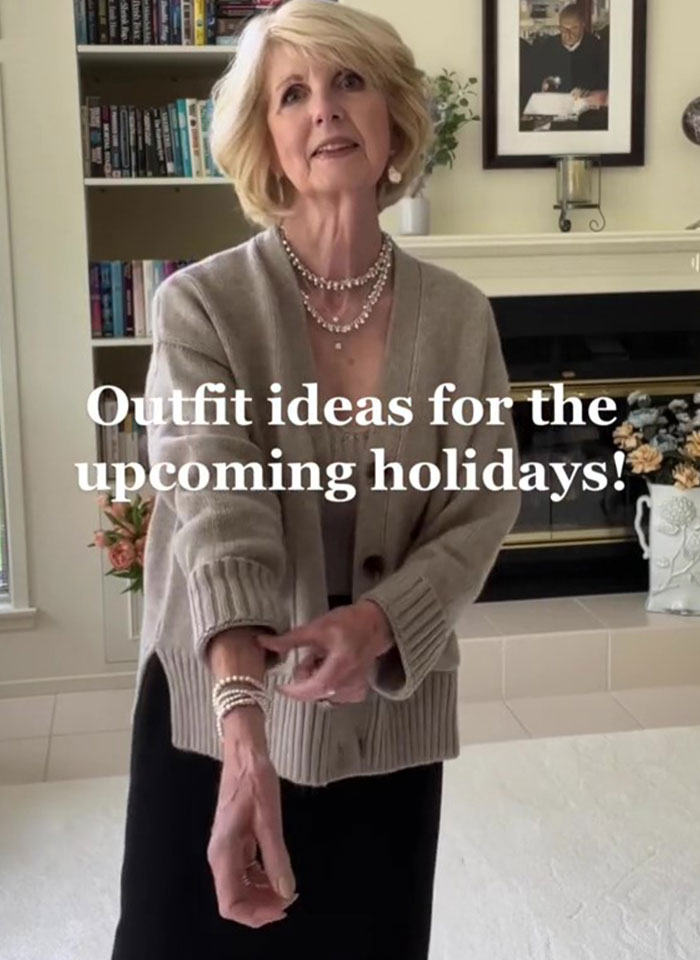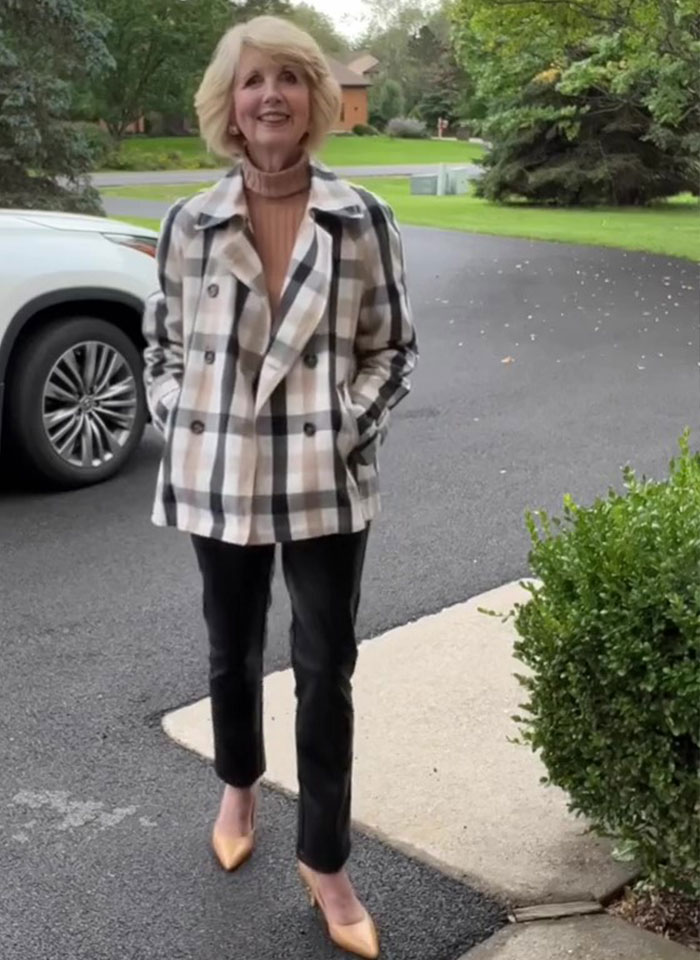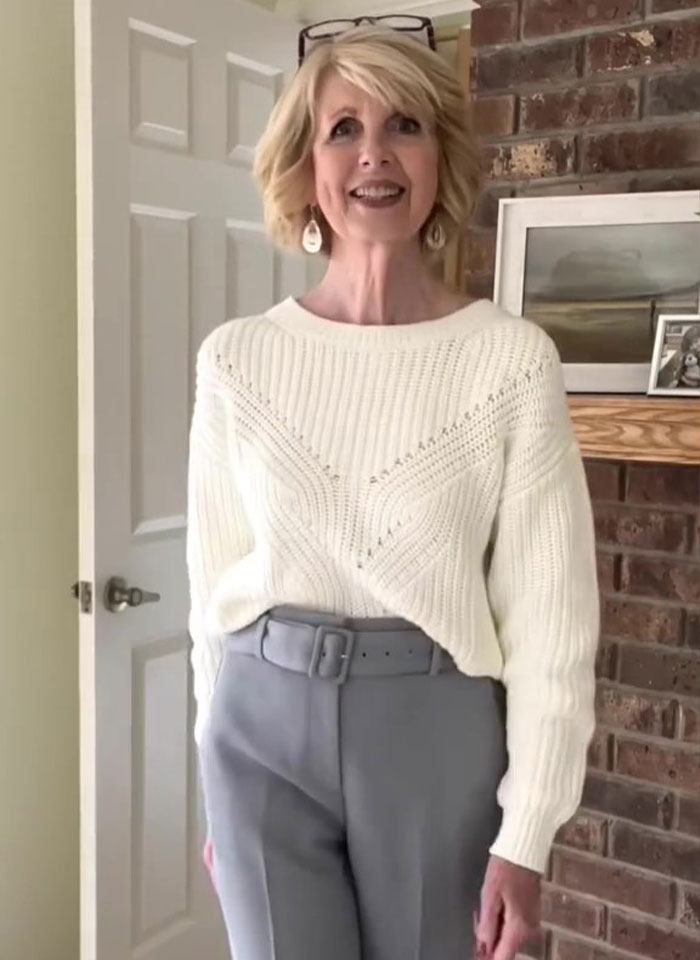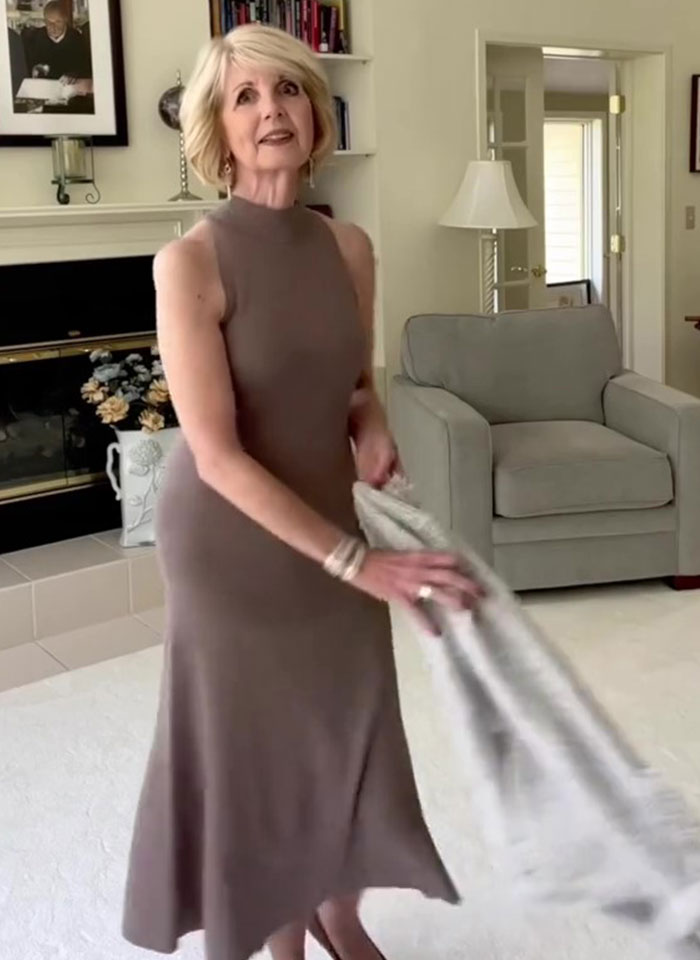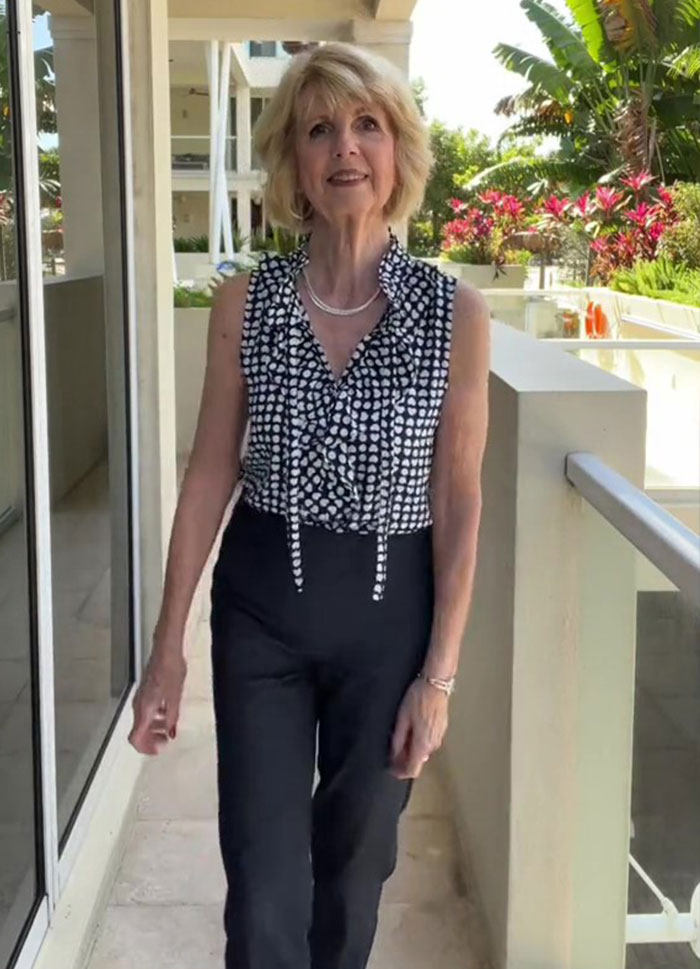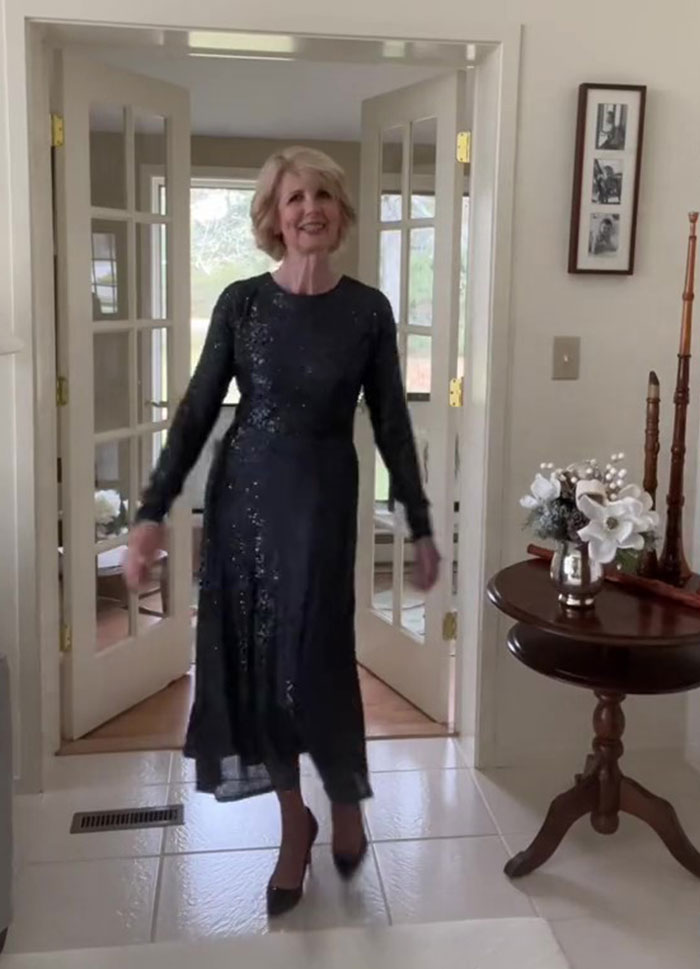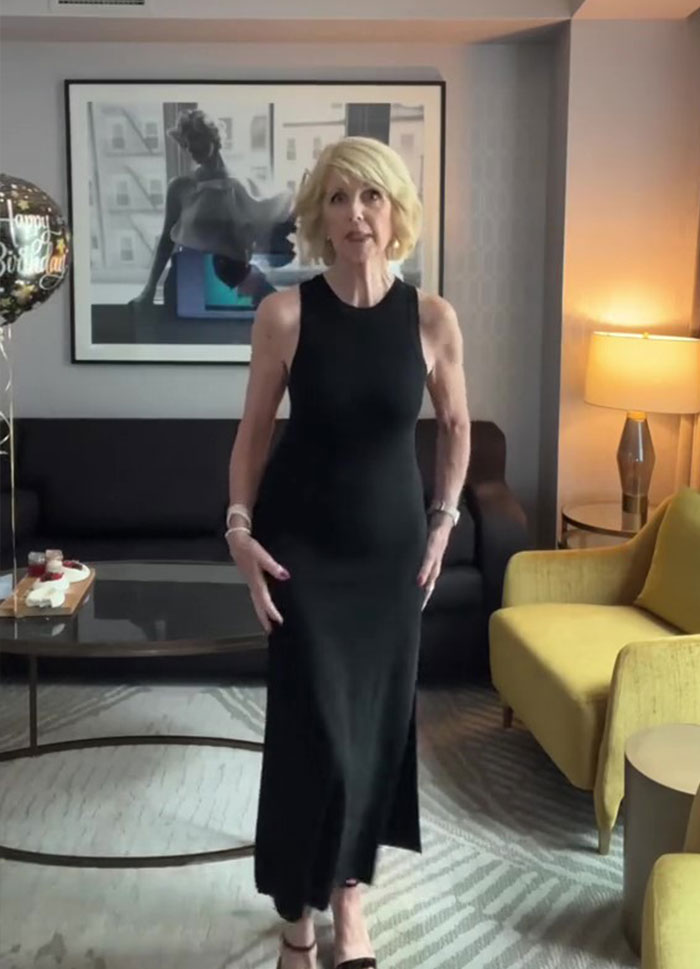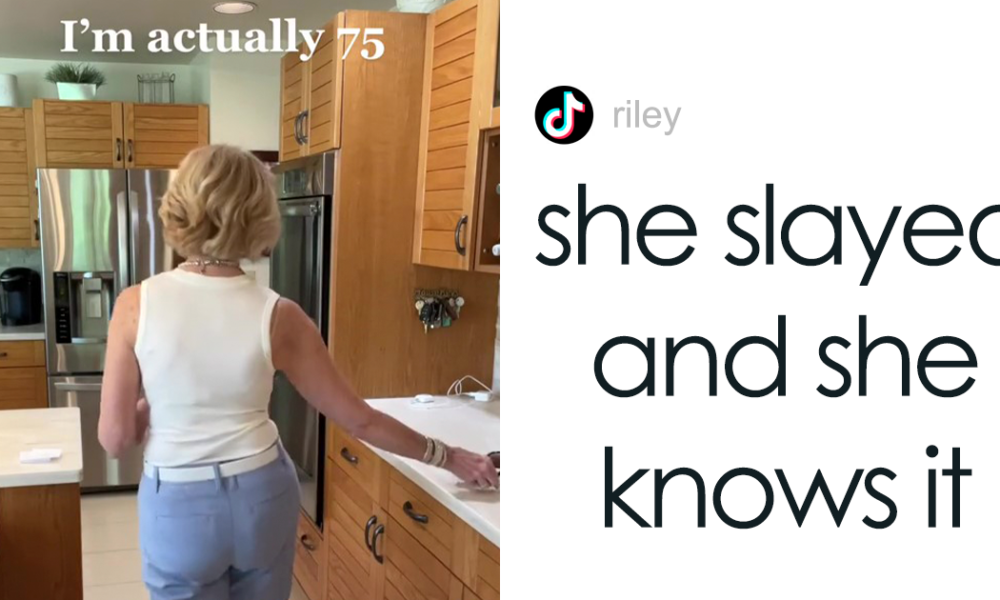
‘You’re 60. You shouldn’t wear that’: 76-year-old woman applauds critics, her reaction is inspiring
Despite the fact that everyone who lives long enough inevitably ages and matures, today there seems to be a rather hopeless and unhealthy stigma surrounding old age. On the other hand, it only serves as a framework to limit human life.In a video by Candace Leslie Cima, which has 7.4 million views on TikTok, commenting on her choice of sleeveless shirt style, she wrote, “I I am actually 75 years old.” maturity and potential.
More information: tick tock
This woman often gets comments like, “You’re 60. You shouldn’t be wearing that,” but “I’m actually 75.”
Image credit: life in my 70s
The woman started blogging at age 72 and is now 76 and continues to share her fashion ideas.
Candace’s video, which shares the comment “You’re 60 and you shouldn’t be wearing that” about her style, has been viewed 7.4 million times on TikTok. In the video, Candace wears elegant clothes, including a sleeveless shirt, and the woman’s response to the comment is, “I’m actually 75.” We have an entire article devoted to elements of her style. She explains that she often wears sleeveless tops, and there are always people writing that women over 60 shouldn’t bare their arms.
She tells her readers that in the 1800s it was unacceptable for women to show their ankles in public, that in the 1920s and 1930s it was considered very bad taste not to wear a hat, A reminder that women in the 1940s and 1950s were often expected to wear gloves. And it shows that the right to choose one’s dress without publicly humiliating it or taking legal action against one’s dress should not be taken for granted. I just exist.
This woman says it’s important to emphasize that it’s perfectly normal for the skin on your upper arms to sag, just as it’s normal for your face to wrinkle with age. “So… loose skin on your arms, blood vessels on your legs, blemishes on your hands… what’s wrong?” Please, we claim that we are the ones who decide if we make others feel inferior to us.
Image credit: life in my 70s
Image credit: life in my 70s
Image credit: life in my 70s
Image credit: life in my 70s
Image credit: life in my 70s
Candace Leslie Seema is one of the ambassadors of maturity and, as she says herself, a brave approach to maturity. blog When she was growing up, her mom and dad framed the following proverb on the wall. She says that when she was little, she was just a joke they laughed at. But now that she is 75, she knows what she means. The topic of aging is not as trivial as one might think. “There are so many complexities in aging, and so many layers to be peeled back and examined,” she says. We experience a range of emotions, including the feeling that According to the woman, this is where her work with her own posture begins. The approach you choose to these changes and the emotions that accompany them will shape your life.
Two factors stand out when it comes to pinpointing the causes of fear and stigma around the phenomenon of aging. These include changes of various kinds and the approaching, so far inevitable, death. When it comes to the latter, it’s getting closer now, but some sort of ending has always been part of the deal. You might agree that change is always scary. But refusing to admit it is the worst possible technique. Basically, change is an important part of life on Earth, as some change is inevitable for those living on this planet. The biggest mistake here is to think that change is bad and change equals worse.
Image credit: life in my 70s
Image credit: life in my 70s
Image credit: life in my 70s
Image credit: life in my 70s
Image credit: life in my 70s
One good step to combating the cult of youth in the West is to move from analyzing the myths surrounding aging and recreating those myths to actually embracing maturity, its benefits and possibilities. Candice Cima shares her view. I can’t wait to see what happens next! I am still learning new things about myself. ”
Oliver Berkman nurture A criticism posed by Susan Niemann in her book Why Grow Up? Disruptive Thoughts in Early Childhood”. Youthfulness is of great social importance today, but this is not always the case. It’s our culture that has redefined growth as a problem of decline: we’re “constantly pushing the message on young people from 16 to her 26 that this is the best time of their lives.” ”. But, as Niemann pointed out, the human goal is not “maximizing reproduction, whatever they say about their genes.”
One of the many arguments that point to the other side of maturity is that mature people Indicated The ability to “see the big picture” and do better and faster.Moreover, contrary to popular belief, people Indicated Don’t be happier in your 20s: Most people are “on the downhill slope of the ‘happiness U-curve’ at that age, leading to higher levels of satisfaction.” It has to do with good emotional regulation and the ability to have an overall more positive approach to the world. study by M. Mather and L. Carstensen.Berkman Note Niemann talks about growing up without giving in to cynicism while critically taking youthful ideals that don’t take reality into account.
Image credit: life in my 70s
Image credit: life in my 70s
Image credit: life in my 70s
Image credit: life in my 70s
Image credit: life in my 70s
Image credit: life in my 70s
You can watch the video here:
@lifeinmy70s Fashion is for everyone! Reinventing yourself as you get older doesn’t mean changing who you are, it means finding what suits you now. # aging gracefully #aging #aging gracefully over 50 ♬ original sound – 🙁


